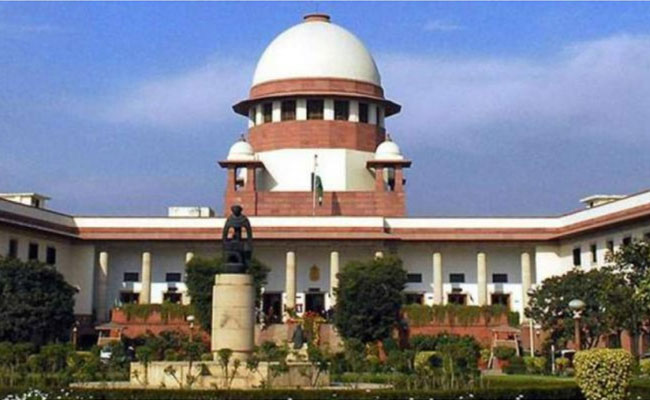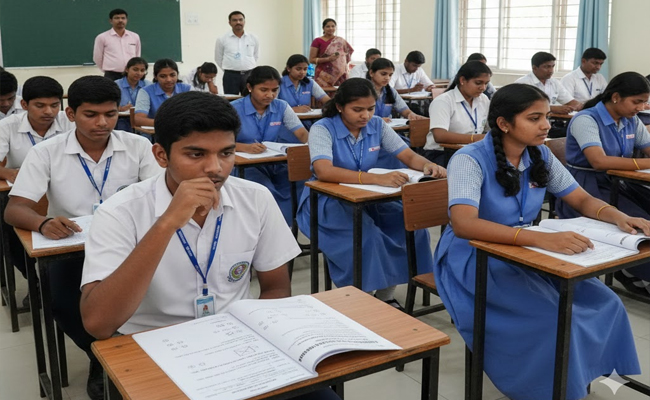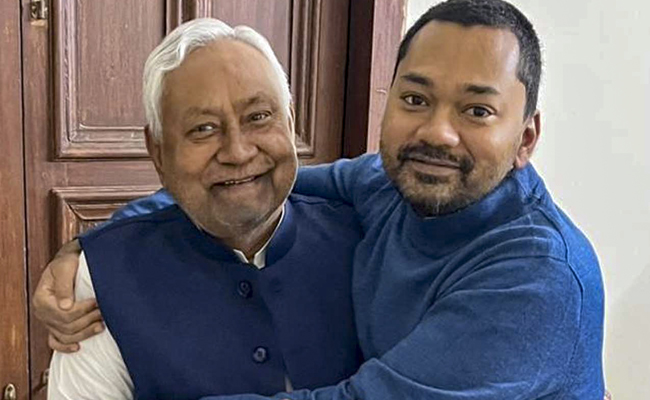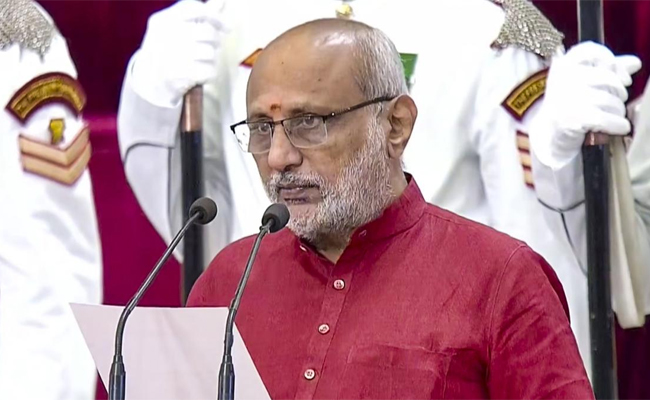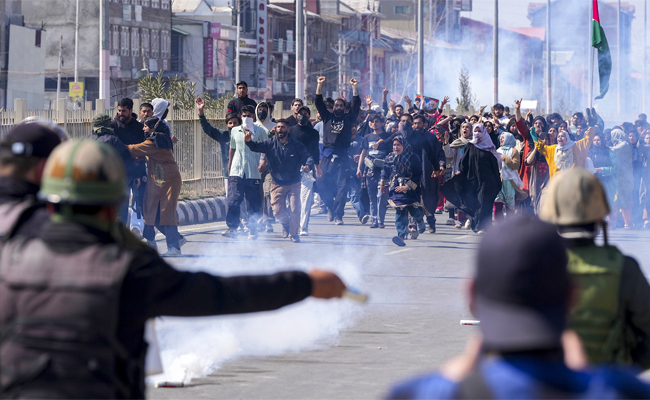New Delhi (PTI): Transgender prisoners must be treated at par with other categories of inmates and should enjoy equal rights and facilities, the Supreme Court Committee on Prison Reforms has said.
In its final synopsis of reports filed in the apex court, the committee headed by former top court judge Justice (retd) Amitava Roy has recommended that jail staff and correctional administration at all levels, particularly the guarding personnel, must be given adequate and regular training in order to equip them to appropriately interact with transgender prisoners.
It said instances of abuse, harassment or violence committed against transgender inmates must be curbed and this may be achieved through a series of workshops and training sessions with relevant resource persons from academia and civil society.
The committee has recommended that the state governments and prison departments should take appropriate and effective measures to eradicate all forms of violence, discrimination and other harm against transgender prisoners.
"Transgender prisoners must be treated at par with other categories of prisoners, and exercise of rights and facilities extended to them (including access to healthcare and medical facilities) must be at par with the latter," the panel said.
The final synopsis dated December 27, 2022 contains nine chapters, including those on unnatural deaths in prisons, transgender prisoners and death row convicts.
In September 2018, the top court had constituted a three-member committee headed by Justice (retd) Roy to look at issues involving jail reforms and make recommendations on several aspects, including overcrowding in prisons.
In the chapter titled 'Transgender Prisoners', the committee has said it is essential to observe that any and all attempts to separate transgender prisoners from other prisoners (for safety and security reasons) must not result in their seclusion or isolation.
While hearing the matter related to conditions prevailing in 1,382 prisons across India, the apex court had on August 29 said the counsel for the parties shall assist it on chapters on women and children in detention, transgender prisoners and death row convicts in the final synopsis for effective implementation of the recommendations.
The top court has fixed the matter for further hearing on September 26.
In the final synopsis, the committee has said it had received data on a set of 50 questions regarding the condition of incarcerated transgender prisoners.
In its major findings, the panel has said 16 states have confirmed that prisoners are identified and segregated based on examination conducted by the jail medical officer "or on the basis of biological identification and/or genitalia, instead of prioritizing the prisoner's self-identified gender".
It said prison authorities of only 13 states and two Union Territories (UTs) have designated a 'complaint officer' to deal with complaints of violation of rights of transgender inmates in prisons as mentioned under section 11 of the Transgender Persons (Protection of Rights) Act, 2019, which deals with the mechanism for redress of grievances.
"Majority of the states and UTs have not formulated welfare schemes for transgender prisoners. Existing welfare schemes are being extended to them. Only seven states and two UTs have specifically provided the measures taken by the prison authorities to facilitate their access to the relevant welfare schemes framed by the government," the committee has noted.
In its recommendations, the panel has said the Model Prison Manual, 2016 needs to be revised and a separate chapter containing specific provisions should be introduced in accordance with the Transgender Persons (Protection of Rights) Act, 2019 for ascertaining their special needs, outlining specific rules on their documentation, search procedures, placement, medical facilities and recreational/ welfare/educational activities.
It said prison departments shall ensure that jails have adequate sanitation facilities with separate bathing and toilet areas exclusively for transgender prisoners.
"A comprehensive health check-up followed by socio-psychological evaluation should be conducted for every transgender prisoner at the time of admission," the committee has said.
It said prison administrations shall ensure that transgender prisoners who wish to participate in vocational training and skill development programmes are encouraged by the prison staff to do so without any restriction and apprehension.
Let the Truth be known. If you read VB and like VB, please be a VB Supporter and Help us deliver the Truth to one and all.
New Delhi (PTI): The Central Board of Secondary Education (CBSE) on Tuesday postponed the class 10 and 12 board exams scheduled for March 5 in the Middle East region amid the Iran-Israel conflict, officials said.
"Due to the current situation in parts of the Middle East---Bahrain, Iran, Kuwait, Oman, Qatar, Saudi Arabia and UAE, the board has decided to postpone class 10, 12 exams on March 5,” said CBSE Examination Controller Sanyam Bhardwaj.
ALSO READ: Modi urges industry to ramp up investment, prioritise research to scale up manufacturing
The new dates will be announced later, and for further exams, the situation will be reviewed on March 5, Bhardwaj added.
On Sunday, the board had postponed the exam scheduled on March 2 in the region.
This comes as the Iranian Supreme Leader Khamenei was killed in a major attack on Iran launched by Israel and the United States on Saturday. His death was confirmed on Sunday.
US President Donald Trump said the heavy and pinpoint bombing of Iran would continue through the week or as long as necessary.

